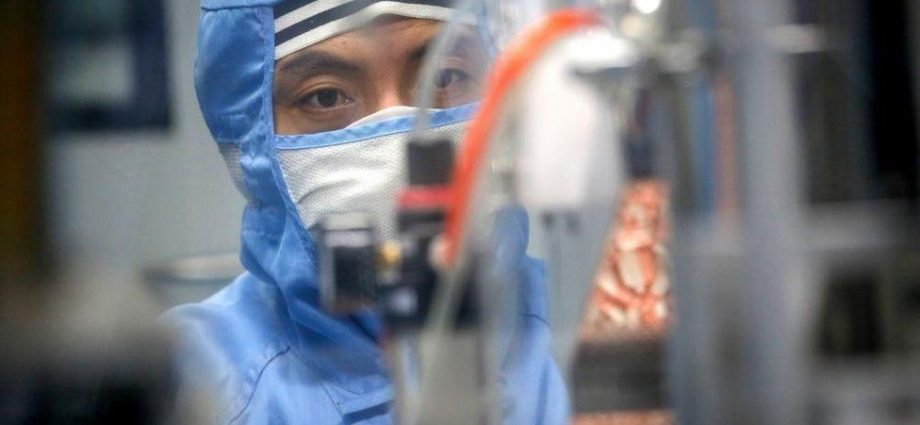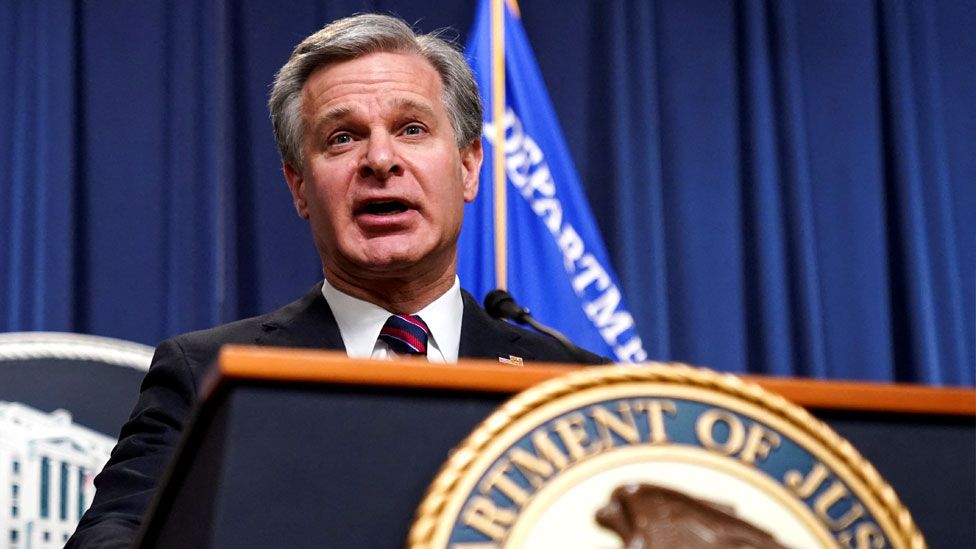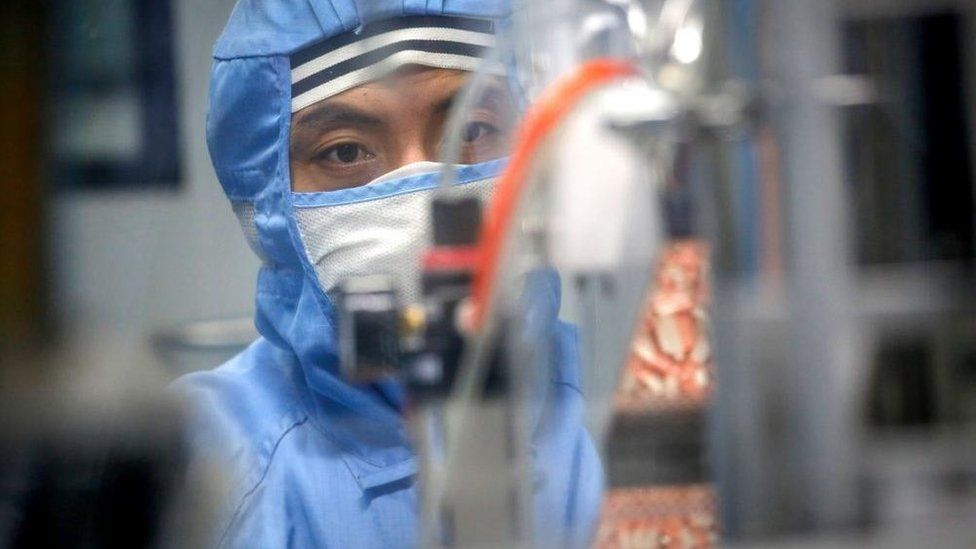
There have long been two competing theories for how the pandemic started. Now, with the FBI adding its voice, the politics and division behind the hunt for the truth are being laid bare.
There are few scientific debates as divisive and toxic as the question of Covid’s origin.
While researching for the upcoming podcast I’m making for the BBC about it, I’ve heard virologists question the motives and professionalism of colleagues with whom they disagree over two alternative possibilities.
They are whether the virus infected its first human in a Wuhan market, or in a Chinese government-controlled lab.
“I wouldn’t want [him] to be doing that experiment,” one eminent virologist said dismissively of another who had raised questions about the risks of the Wuhan scientists’ work.
Professional relationships have been damaged and friendships lost. Some have simply had enough.
“Nothing personal, but I’m not prepared to take part in anything that gives air time to the lab leak conspiracy horseshit,” one virologist said to me when I invited him to take part in our series.
It should be no surprise then that US intelligence agencies and government departments have also struggled to reach a consensus on Covid’s origins.
The recent news that the US Department of Energy has changed its intelligence assessment to conclude – apparently with low confidence – that the virus came from a lab, brings the number of agencies supporting that view to two.
It had already been reported that the FBI had come to the same conclusion – with a “moderate” level of confidence – and now FBI Director Christopher Wray has spelled out in public that the bureau believes “a potential lab incident” was to blame.
Four US intelligence agencies are said to still believe the evidence points to the virus coming from nature, and two remain undecided.
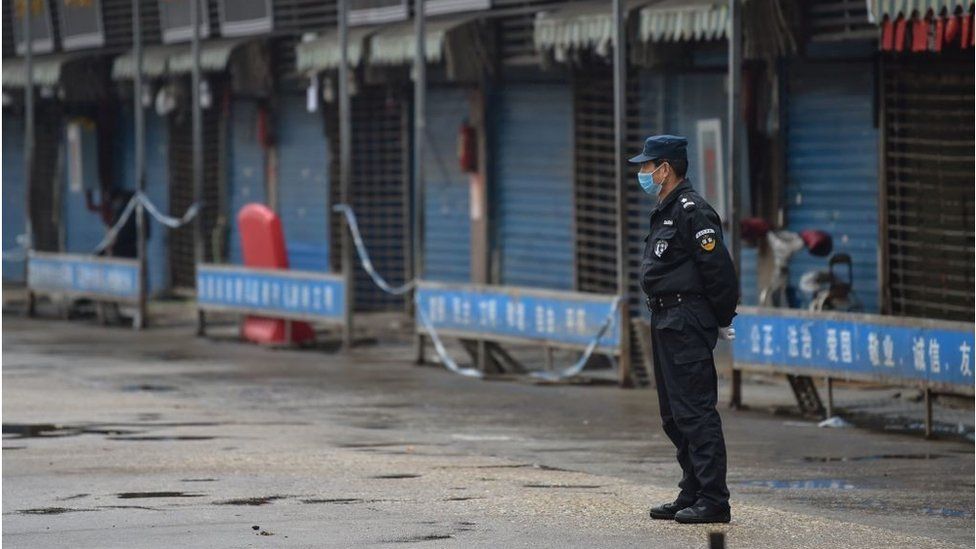
The intelligence assessments are based, of course, on classified information. The different agencies are part of what’s known in the US as the “intelligence community”, with each one drawing on different expertise and sources of information, from human intelligence to the work of government scientists.
The Department of Energy’s Office of Intelligence and Counterintelligence, for example, can call on scientific and technological know-how from the 17 national laboratories that are overseen by the department.
The agencies’ work can overlap but it’s unclear how much they’ve collaborated on the question of the origin of Covid.
There were claims during the days of the Trump administration that several researchers at the Wuhan Institute of Virology, a national-level research facility known to have been studying and experimenting with coronaviruses, had become sick in November 2019, leading them to seek hospital treatment.
But no details have been released about the sourcing of that intelligence.
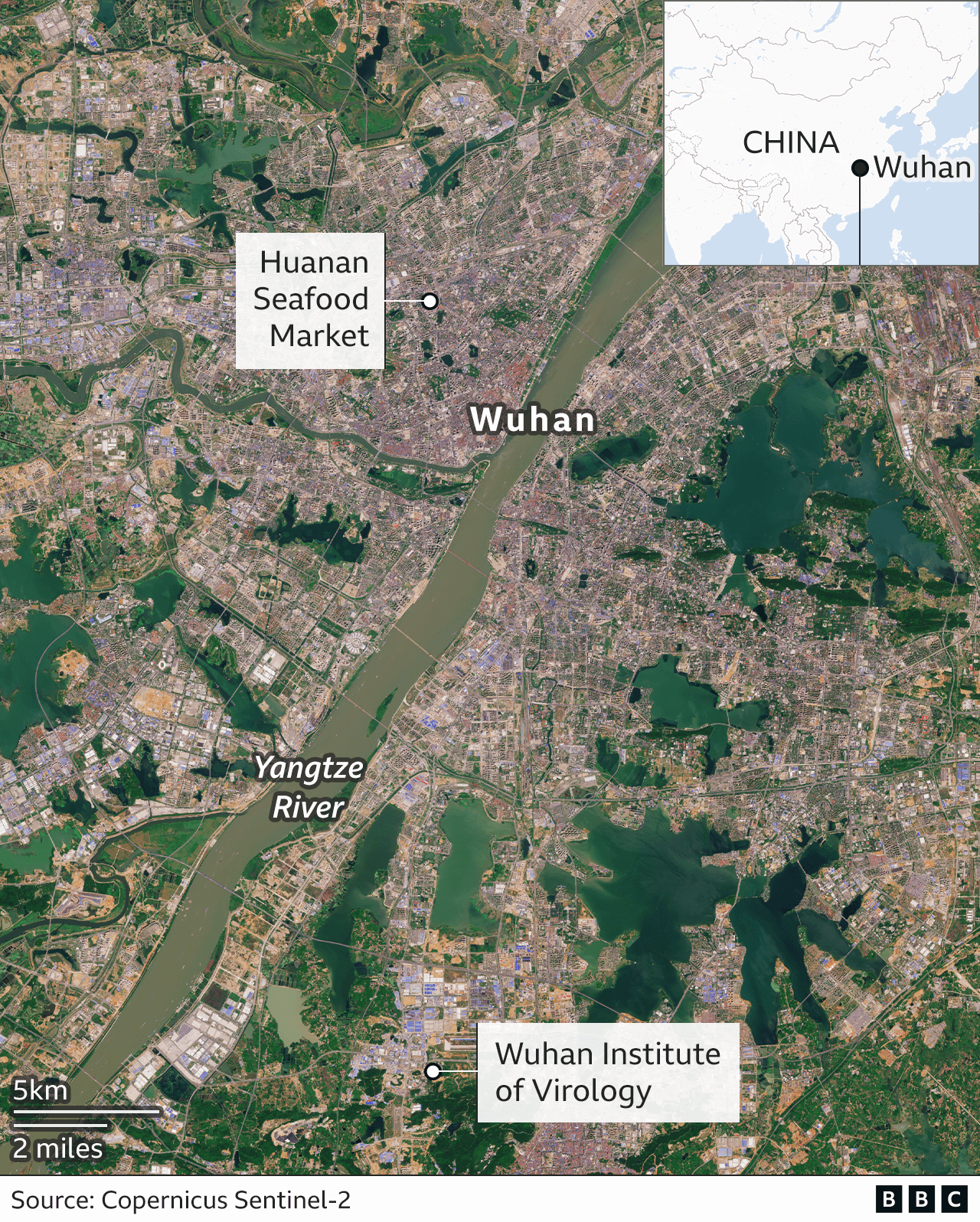
And the US government has said the symptoms were consistent with both Covid-19 and common seasonal illnesses – making it difficult for anyone to independently assess the true relevance of the claim.
In early 2020, the lab-leak theory’s association with President Donald Trump led some to treat it as disinformation: a deliberate, even xenophobic attempt to deflect blame for his administration’s own handling of the pandemic.
But there were scientific arguments too – with claims that an examination of the genetic structure of Sars-CoV-2 proved conclusively that it couldn’t have come from a lab.
Later, others would argue that analysis of the early patient data around that Wuhan market where the disease first emerged went even further to prove a natural origin beyond all doubt – and we will hear from some of those scientists in our podcast.
These scientists may wonder whether politics are once again at play in the timing of the comments from the FBI director, a Trump appointee, just as the Republican Party, now in control of the US House of Representatives, begins to turn its attention to the lab-leak once again.
On the other hand, under President Biden the lab-leak theory has been largely freed of its associations with his predecessor.
Which is perhaps why other scientists are increasingly willing to speak out about their concern that the theory may have been too swiftly dismissed.
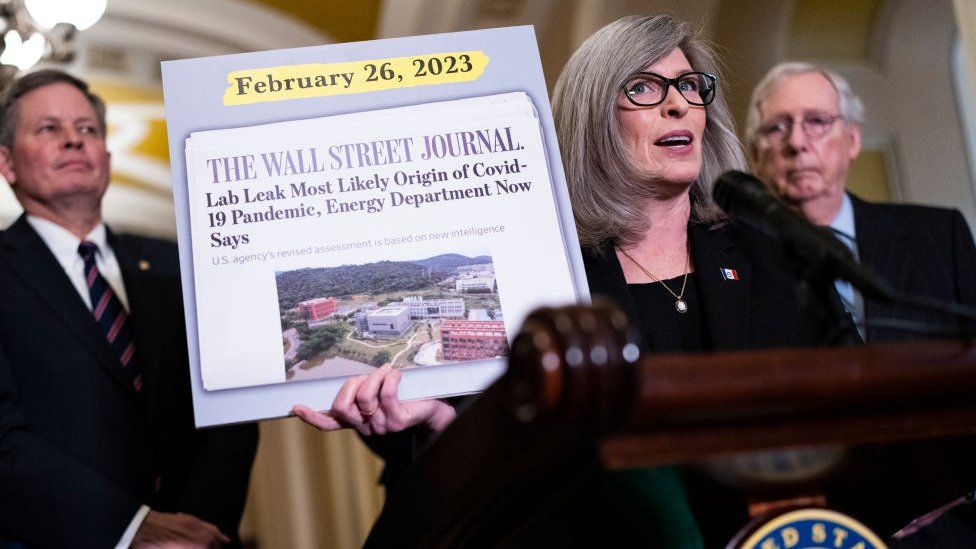
Professor Larry Gostin, from Georgetown University and an advisor to the World Health Organization – although himself favouring a natural origin – does not believe there is yet enough evidence to definitively rule out a lab-leak and thinks it was a mistake to try to do so.
“Science shouldn’t discount the public interest like that,” he told me. He suggests that Donald Trump, who has indulged in conspiracy theories across a range of other issues, may in fact have been right to question this narrative.
“I mean, yes, you do have conspiracy theories. But was he, you know, wrong in wanting that information about the lab? No.”
Some experts hope that Congress may now be able to uncover new information.
US scientists have collaborated closely with the Wuhan Institute of Virology and there may yet be data held by government agencies or research archives that could prove useful.
Meanwhile the Chinese government of course pushes back at any and all suggestions that the virus came from China – via a market or a lab.
My own attempts to examine those possibilities led, at least in part, to my forcible departure from the country, under threat of legal action by the authorities in 2021.
State media accused me of “stigmatising China as being the origin of the novel coronavirus” and of having “maliciously incited hostility from the international community to China.”
The question of Covid’s origin is likely to remain shrouded in bitterness, acrimony and politics in both Washington and Beijing.
The lack of information is both why President Biden ordered his intelligence agencies in 2021 to use “every tool” to look again for answers, and also why they’re finding them so hard to come by.
John’s podcast on the hunt for the origin of Covid is coming soon on BBC Sounds and BBC Radio 4
Related Topics
-
-
26 July 2022
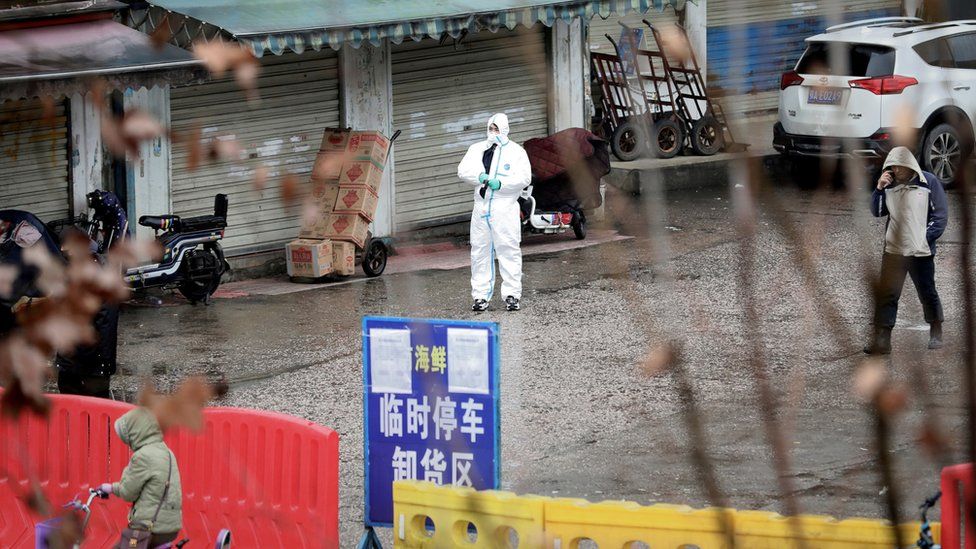
-

